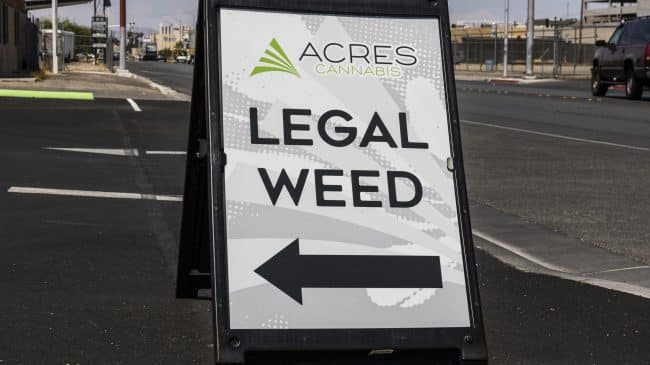News and Opinion
President Trump recently signed a bill that will reduce legal opioid prescriptions, which is likely to drive users seeking pain relief deeper into the more dangerous black market for similar drugs.
The Little Rock Police Department has regularly conducted no knock door raids based on sometimes questionable evidence and probable cause according to an investigative report by The Washington Post’s Radley Balko.
In an encouraging development, an increasing number of states no longer consider needle exchange programs to be a criminal offense, which is leading to the formation of new organizations aimed at harm reduction for drug users.
With Michigan voters legalizing recreational marijuana, Geoff Lawrence explains why the state should look to set up its regulatory structure and why past marijuana crimes should be expunged.
Drug cartels may ultimately miss former Attorney General Jeff Sessions’ heavy-handed approach to drug enforcement.
In what the Harvard Political Review calls a “competing narrative,” Jacob Rich argues that reducing legal opioid prescriptions ignores the evidence that fewer legal prescriptions for patients mean more illicit and dangerous drug usage.
Legislation, Regulation, and Markets
Via ballot initiative, Michigan voters approved recreational adult marijuana use. Utah and Missouri approved medical marijuana programs, and North Dakota voters rejected a legal regime.
An anti-marijuana organization is calling for states to send citizens into a mandatory assessment of problem drug use after just one illegal possession of marijuana charge.
A California town will bring nurses to roadside traffic stops to draw blood of drivers suspected of impaired driving to give officers more real-time data about whether to arrest.
Utah will lower the legal driving threshold for alcohol from 0.8 percent to 0.5 percent BAC, which will be the lowest in the country.
There has been a lot of marijuana legalization activity via ballot initiatives, but the country is reaching the point where state legislatures will increasingly need to be involved in the cannabis legalization process.
More money is being raised by private firms to continue to change not just the business but the culture around cannabis.
States should exercise restraint when setting cannabis tax rates or they risk marginalizing the legal market.
New York’s cannabis laws are starting to take shape.
Voters approved legalization in Michigan, but many challenges and questions must still be faced down, like how to determine impairment while driving.
California’s social equity programs aim at redressing the harms of the drug war but may be causing confusion and inefficiency for business owners and investors.
Evidence
A new study claims that traffic accidents are occurring more frequently in states that have legalized marijuana, but the study fails to make important controls and draws causal connections.
A new study estimates that adolescent marijuana use could be anywhere from 12 percent to 18 percent.
Colorado has released its most recent report on the impacts of cannabis legalization.
New Hampshire released a new report exploring legalization for the state.
A new report claims that a health-based approach instead of a criminal one would produce a net benefit to society.
A new study finds that counties with medical marijuana dispensaries experience 6 percent-8 percent fewer opioid-related deaths.

